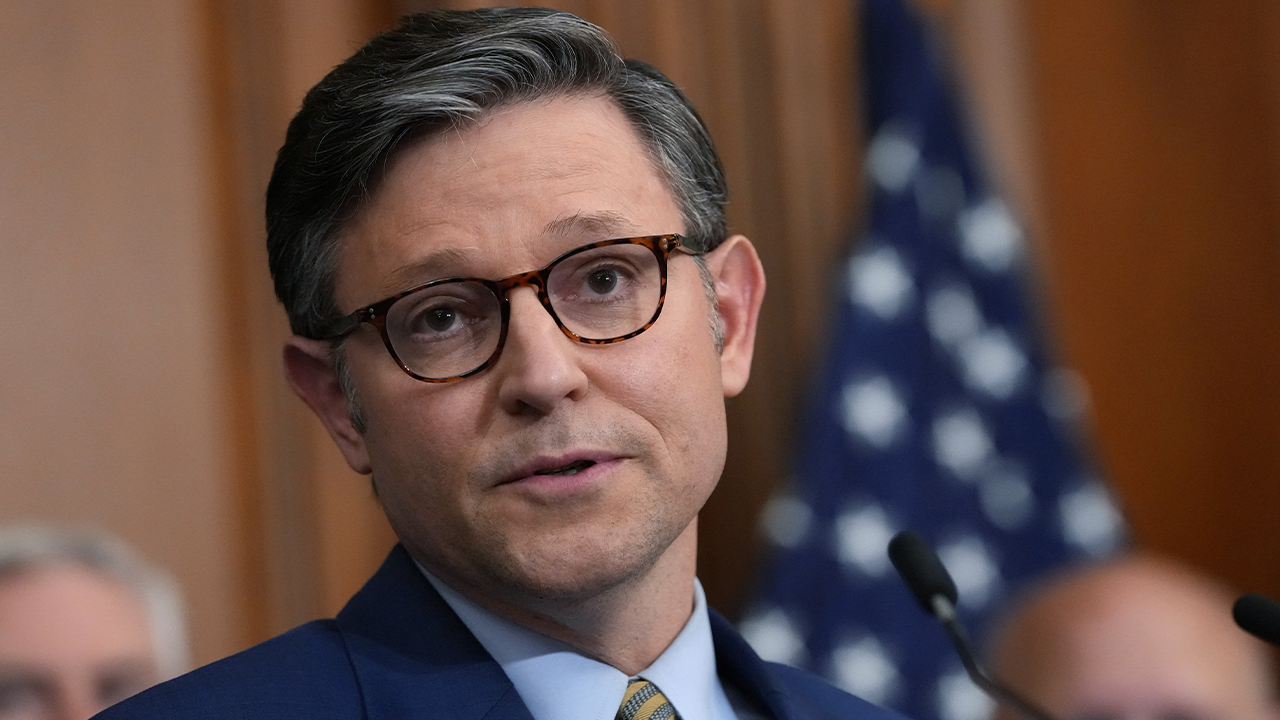Stocks dropped Monday as trade tensions between the US and China flared up again over the weekend, with China hitting back after President Trump claimed the nation had “totally violated” a temporary truce reached in Geneva, Switzerland last month.
The Dow Jones Industrial Average plunged 166 points, or 0.4%, while the S&P 500 and Nasdaq fell 0.3% and 0.1%.
A Chinese commerce department spokesman said Monday the US has made moves to “seriously undermine” the Geneva trade deal, and Beijing will take measures to safeguard its rights if the US continues on with actions that “damage China’s interests.”
Since the Switzerland meeting, the US has ramped up curbs on semiconductor and chemical exports to China, the Chinese official griped.
Secretary of State Marco Rubio also announced that the US will start “aggressively” revoking Chinese student visas, which Beijing called “discriminatory.”
On Sunday, Treasury Secretary Scott Bessent said he was confident that President Trump and Chinese president Xi Jinping will soon hold talks and that problems “will be ironed out.”
National Economic Council director Kevin Hassett said Sunday that Trump and Chinese President Xi Jinping are expected to discuss trade this week, though a specific date has not been set.
“President Trump, we expect, is going to have a wonderful conversation about the trade negotiations this week with President Xi, that’s our expectation,” Hassett said on ABC News’ “This Week.”
“It has been discussed that the two of them will talk about the Geneva agreement, which we’re all very favorably inclined towards,” he added.
Hassett said leaders from the Trump administration are “talking every day,” nodding to US Trade Representative Jamieson Greer, whose team is talking with their Chinese counterparts “every day trying to move the ball forward on this matter.”
Treasury yields, meanwhile, jumped again after Bessent said Sunday the nation “is never going to default” as Trump seeks to pressure lawmakers this week on his spending bill.
The 30-year Treasury yield on Monday rose to 4.963% and the 10-year yield ticked up to 4.434%.
“We are on the warning track and we will never hit the wall,” Bessent said on CBS’ “Face the Nation,” adding that the government could reach the end of its borrowing authority by August if the debt limit isn’t raised.
“We didn’t get here in one year, and this has been a long process. So the goal is to bring it down over the next four years,” he continued.
Treasury yields, which spike when bond prices come down, have been on a climb for weeks as bond investors panic over the GOP bill, which includes tax cuts that are expected to raise budget deficits by about $3 trillion over the next decade.
The concern for bond investors is that a larger budget deficit will speed up Treasury issuances, in order for the government to continue paying for expenses, and demand might not keep up with supply.
Consumers could stand to feel serious pain from higher yields, which are closely linked to interest rates on mortgages, credit cards and loans.
Trump’s trade war has also helped push yields higher as investors worry his tariffs could reheat inflation, including the 30% rate on China – temporarily lowered from 145%.














